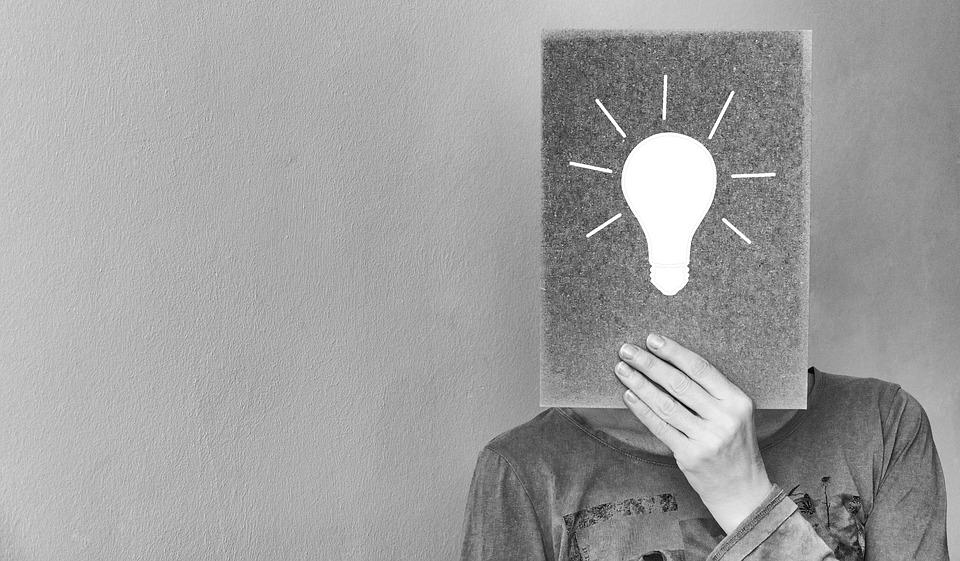Opposing brutal politics, Mahatma Gandhi has become an international symbol of peace and human rights. He was exactly the kind of politician who knew how to inspire people, regardless of nationality or political outlook.
Gandhi can, without any doubt, be included in the list of people who radically changed the world, because his philosophy of non-violence was one of the triggers of the surge in the wave of movements for peace. He is the national hero of India, because it was he who managed to unite this multicultural country and achieve its independence without the use of violence. What rules did this great man follow?
To get an education and know the world, Gandhi went to study in England. He studied to be a lawyer, moreover, he did it quite successfully and without much difficulty entered the European cultural space, while not forgetting his identity. This period of study was a kind of search for truth for the young Gandhi, as well as an attempt to prove that a Hindu can become a real gentleman by European standards and not abandon his roots.
“Civilization is the kind of behavior that shows a person the path of duty. Duty and morality are interchangeable terms. Obeying the rules of morality means dominating your thoughts and passions. In doing so, we know ourselves. “
A key moment in Gandhi’s life was a visit to South Africa. He went there in 1893 to serve as a legal advisor for a firm. By that time, Gandhi had no idea what racism was. When he studied in England, he did not encounter this, because he was mainly among educated people, but in Africa everything changed. This unpleasantly struck the young lawyer and influenced the formation of his worldview, which was based on the struggle for equality.
“Ahimsa is the basis for the search for truth. These searches are futile if they are not based on ahimsa. We are all made of the same dough, we are all children of the same Creator, and the divine powers in us are limitless. To bully a human being means to bully these divine forces and thereby cause harm not only to this creature, but to the whole world. It has always been a mystery to me how people can consider humiliation of their neighbor to be honorable. “
Gandhi returned to his homeland in 1915. Then he began his political and social activities. He joined the Indian National Congress, which was represented by the local bourgeoisie. After the end of the First World War, Congress began to organize numerous rallies in support of Indian independence. Among other revolutionary movements of any time, he was distinguished by an exceptionally peaceful approach. Gandhi was the person who inspired the Indian masses to participate in the movement, which greatly contributed to the achievement of the goal.
I am engaged to India, I owe everything to her … I cannot express my feelings for India more clearly than by identifying it with my feelings for my wife. She excites me like no other woman in the world. Not because it is perfect. I dare say that she has many more flaws than I can see. But there is a sense of indissolubility here. The same applies to Hinduism, with all its mistakes and limitations. “
The name Mahatma, Gandhi bore not from birth, but it was under him that he entered world history. It directly translates as “Great Soul”. Such pathos was not to his liking, but even in the face of death, Gandhi proved that he deserved it. The politician was shot in 1948 while he was among a crowd of fans. He died on the spot, but with his last words he forgave his own murderer.
“Nonviolence is the weapon of the strong. For the weak, this can easily be hypocrisy. Fear and love are contradictory concepts. Love recklessly gives, not thinking about what it gets in return. Love fights with the whole world as with itself, and ultimately dominates all other feelings. “
This was the life of not just a respected politician, but, first of all, a great man.






